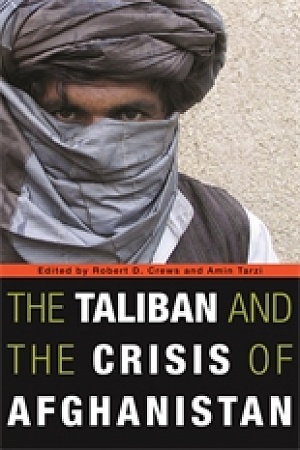The Great War
Macmillan, $55 hb, 863 pp, 140503761X
So many never seen
After the phenomenal success of his Gallipoli (2001), Les Carlyon has turned his attention to the experience of Australian soldiers on the western front in the years 1916–18. Carlyon’s purpose in The Great War is clear: he wants to expand the national gaze that is transfixed on the military exploits at Anzac Cove, to include the lesser-known stories of the Australian Imperial Force (AIF) in France and Flanders. Five times as many Australians perished in the war’s main European theatre as had died fighting at Anzac Cove, but those post-Gallipoli soldiers tend to be accorded a second-rung status in the nation’s memory of the war. As Carlyon says: ‘There were so many, and they were ours, and we never really saw them.’
While there have been countless studies of Gallipoli, this is the first book since Charles Bean’s Official History of Australia in the War of 1914–1918 (1921–42) to engage with the entire three-year campaign of the AIF on the western front. Clearly, there has been a need for such a book, and Carlyon is certainly well placed to write it. While his account of Gallipoli didn’t shed any new light on the campaign in terms of military history, it successfully told the story for a new generation. In its unique focus on the terrain of the country, it spoke directly to those thousands of latter-day pilgrims who tread the spurs and gullies of Anzac Cove, many surprised by a sense of patriotism they didn’t know they had.
Continue reading for only $10 per month. Subscribe and gain full access to Australian Book Review. Already a subscriber? Sign in. If you need assistance, feel free to contact us.















Leave a comment
If you are an ABR subscriber, you will need to sign in to post a comment.
If you have forgotten your sign in details, or if you receive an error message when trying to submit your comment, please email your comment (and the name of the article to which it relates) to ABR Comments. We will review your comment and, subject to approval, we will post it under your name.
Please note that all comments must be approved by ABR and comply with our Terms & Conditions.